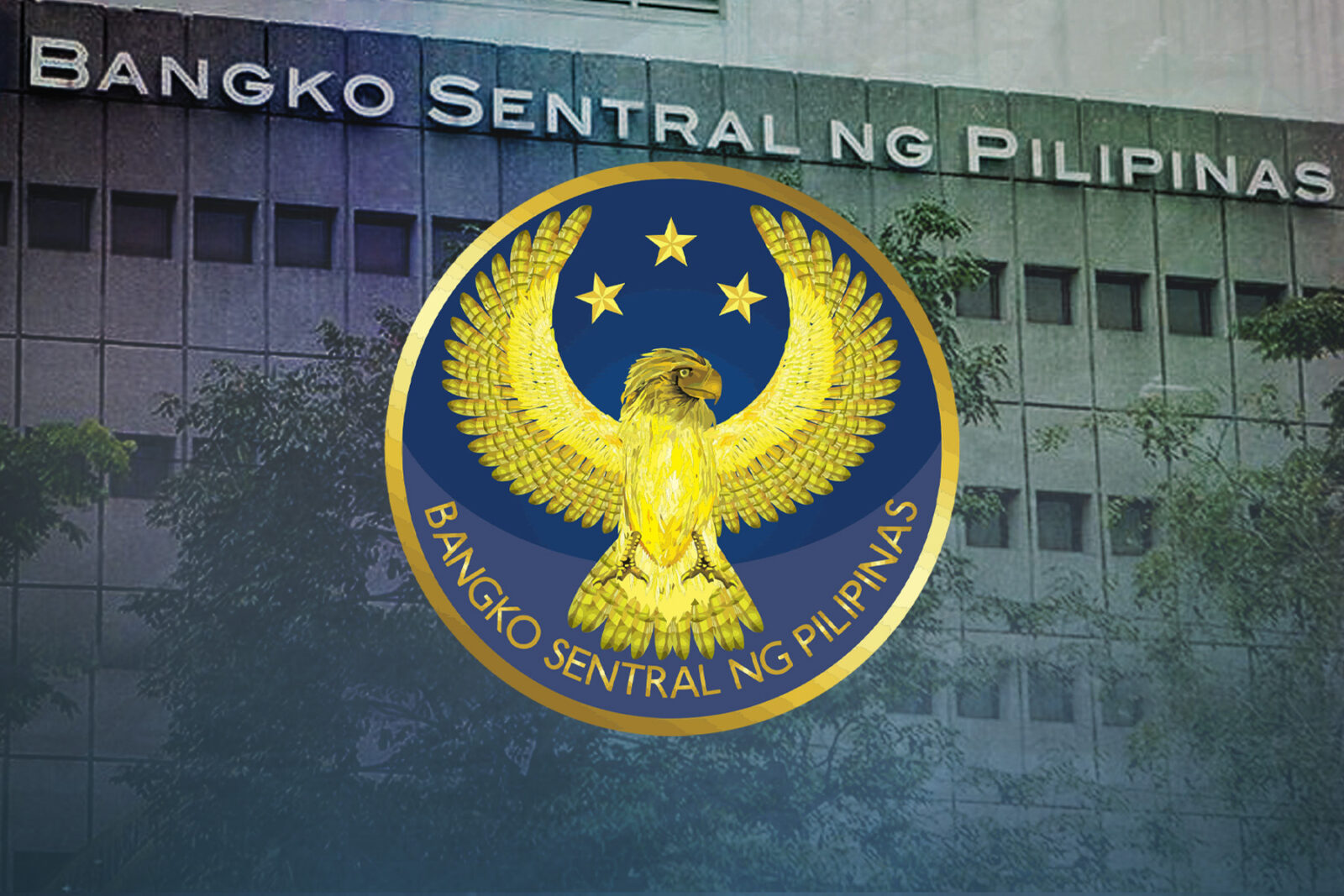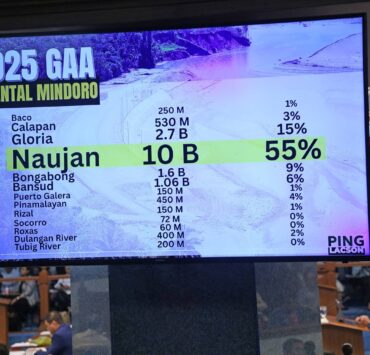BSP order to e-wallets reduces e-gambling transactions, but…

Online gaming transactions have fallen by as much as 50 percent since the Bangko Sentral ng Pilipinas (BSP) ordered e-wallet companies to remove all links to online gambling sites, according to the Philippine Amusement and Gaming Corp. (Pagcor).
Unfortunately, Pagcor Chair Alejandro Tengco said, his agency also noted an uptick in the number of users turning to “illegal” gaming platforms since the BSP issued the directive last week.
BSP Memorandum No. 2025-29, issued Aug. 14 by BSP Deputy Governor Mamerto Tangonan, ordered e-wallet platforms to remove their in-app features promoting or allowing users to access e-gambling sites.
Operating outside PH
Covered by the memo are e-wallets, banks (through their payment apps and websites), and other supervised entities.
“It’s really hard to go after them (illegal sites),” Tengco told Akbayan Rep. Chel Diokno during a hearing of the House committee on appropriations on the 2026 national budget on Wednesday.
“But I can assure that the licensed ones under our jurisdiction followed the BSP directive,” he said.
“Currently, 60 percent of what we see in the (online gaming industry) are illegal operators. Meaning, those who operate outside the Philippines,” Tengco added. “They operate in countries like Russia, Dubai, Abu Dhabi, and Cambodia … it’s really hard to go after them.”
The illegal foreign operators, he added, “give so much room to consumers so that they would get more addicted …. For example, if you deposit P100,000 on their platform, they give four times, five times bonuses.”
Based on the list Pagcor collates every day, Tengco said, there were about 12,000 illegal online gaming sites in operation—compared to the 77 that are licensed in the country.
FPJ Panday Bayanihan Rep. Brian Poe named some of the illegal sites: Popo Live, Awaz, Vone, Niki, Ximi Video Live, Gem Gala, Himme, and HiChat.
Disguised as services
They operate openly through app stores and social platforms while disguising themselves as livestreaming or entertainment services.
The eight platforms alone, he added, generate “$50 to 70 million every month” from Filipino users, all while escaping taxation and oversight.
“If we were to take these eight companies as an example of online gambling, which is unregulated and currently profiting, based on my sources, they make about $50 million minimum each month, which should be taxed and given back to the government. If you combine that per annum, we’re looking at basically $1.4 billion, which could be revenue because of the 30 percent that we’re supposed to be getting. That’s equivalent to P82 billion a year, just from these eight companies alone.”
Tengco admitted that the sites Poe mentioned “still operate in the Philippines and are part of the 12,000 sites we have reported.”
To the credit of the Department of Information and Communications Technology, Cybercrime Investigation and Coordinating Center, and National Bureau of Investigation, he said, “they have put down 8,000 of the almost 12,000 illegal sites we have reported to them.”
“I can assure you there are far more illegal sites than legal sites,” Tengco told Poe. “Everything we hear about kids who are addicted, I can assure you that (these illegal sites) are the cause of this problem now.”
He stressed that Pagcor has no power to shut down illegal operators, a position he also maintained in earlier discussions on the rise of Philippine offshore gaming operators, or Pogos.
“Our role is simply to identify (the operators) and hopefully the law enforcement agencies can move to shut them down,” Tengco added.

















